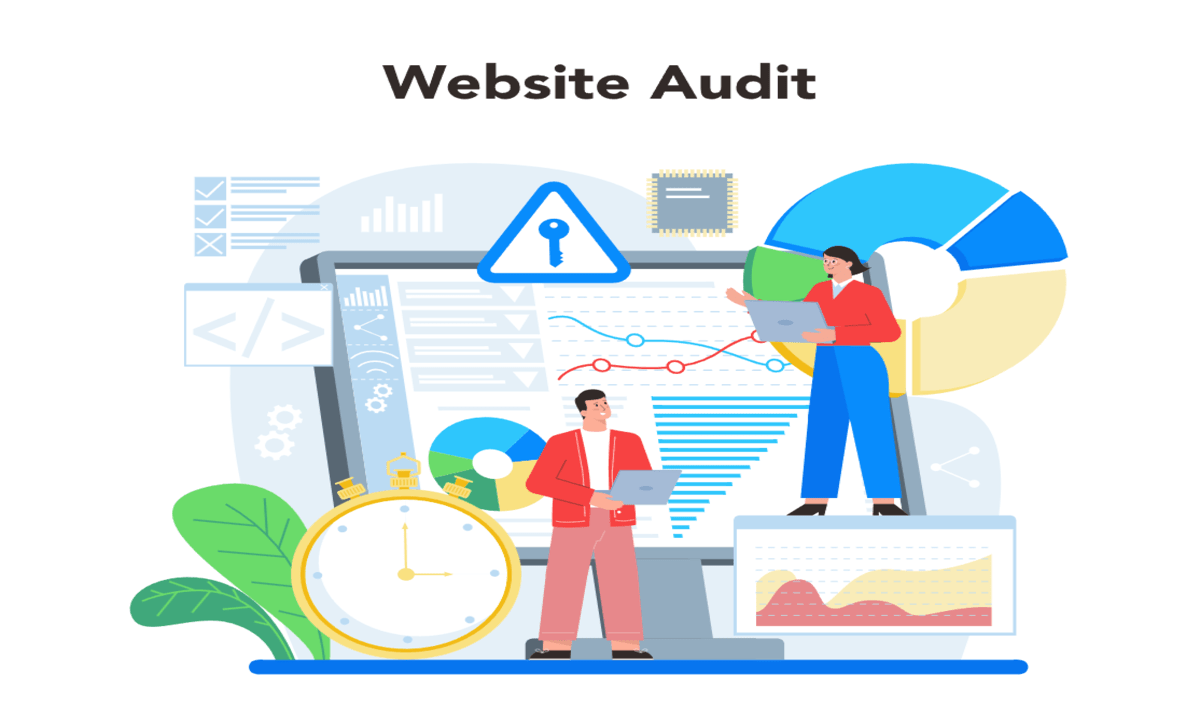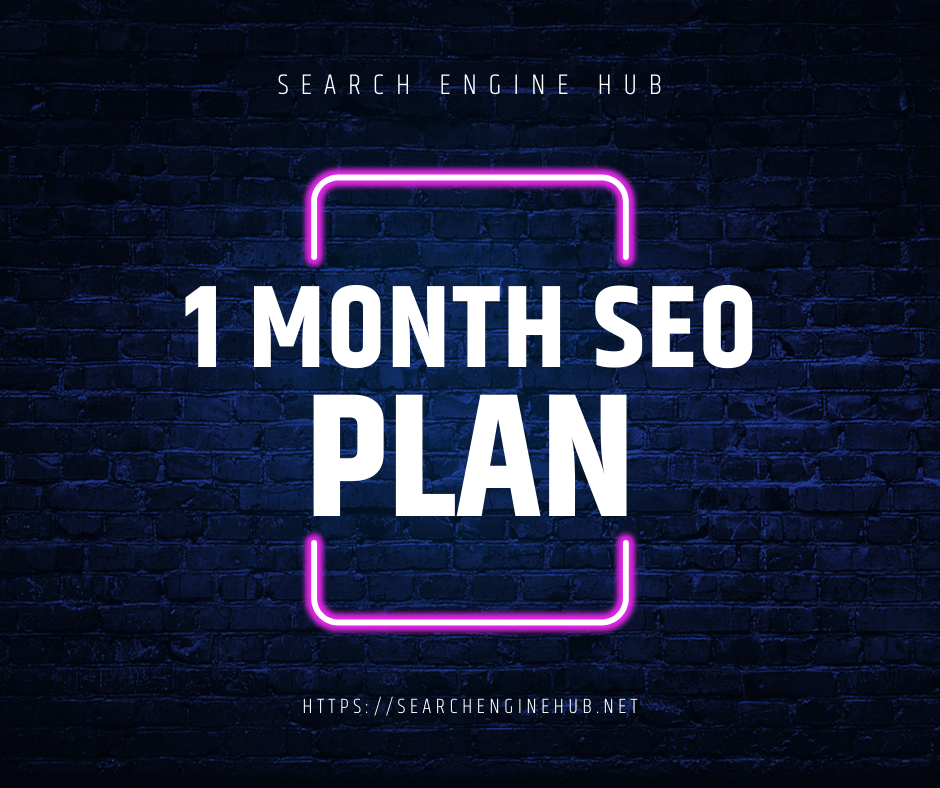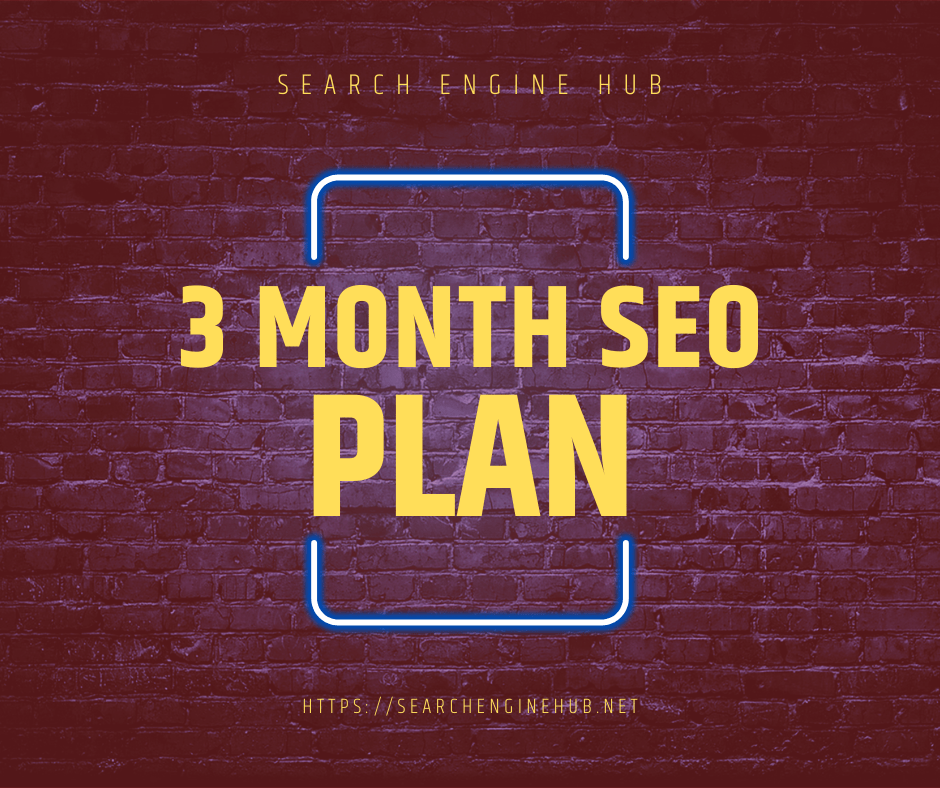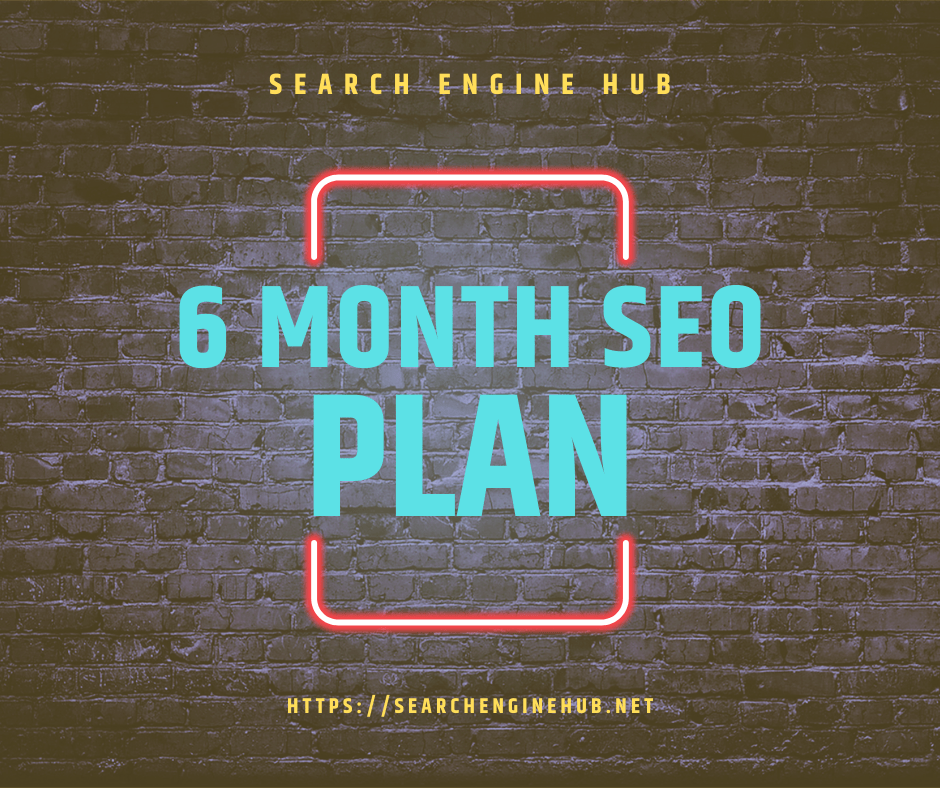Hey there, fellow entrepreneurs! In today’s digital world, having a strong online presence is crucial for businesses, especially in the Philippines. In this article, let’s talk about the latest trends in local SEO Philippines that can help your business thrive in your local market.
1. Voice Search Optimization
In recent times, more people are talking to their devices to search for information. So, imagine your potential customers asking, “Hey Google, where can I find an agency that provides affordable seo services in the Philippines?”
To make sure your business shows up, it’s essential to optimize your content for voice searches.
Use natural, conversational language in your website content. Think about how your customers would ask questions verbally, and incorporate those phrases into your content.
2. Enhance Your Business on the Map
Your Google My Business profile is like a digital storefront. It’s often the first impression customers get of your business. Keeping it updated and optimized is crucial for local visibility.
Keep your business information accurate, including your address, phone number, and business hours.
Positive reviews not only boost your credibility but also influence local search rankings. Encourage satisfied customers to leave a review on your GMB page.
3. Small Screen, Big Impact
With more people using smartphones, having a mobile-friendly website is no longer an option—it’s a necessity. Google loves mobile-friendly websites, and so do your customers.
Ensure your website looks good and functions well on mobile devices. This improves user experience and boosts local search rankings.
A clean and simple design is key. Large buttons, easy navigation, and quick load times make it easy for customers to find what they’re looking for.

4. Local Link Building Tactics
Link-building is all about connecting with others online. For local SEO Philippines, focus on building connections with businesses in your community.
Links from other local businesses can significantly improve local search rankings. It’s like vouching for each other.
Collaborate with local businesses and organizations. Share each other’s links to create a network of support.
You may also be interested on reading the 10 Essential Tips To Dominate Local SEO Rankings
5. Content Localization
When creating content, think local. Tailor your messages to suit the preferences and dialects of your local audience.
Incorporate local phrases and terms that your audience is familiar with. It shows that you understand and connect with your community.
Naturally include local keywords in your content. This helps search engines understand the relevance of your content to the local audience.
6. User Experience (UX) Improvements
A good user experience on your website not only keeps visitors engaged but also signals to search engines that your site is valuable.
Enhance Website Navigation
Making it simple for visitors to discover what they need is crucial. Use easy-to-understand menus and straightforward categories to make navigation smoother. Imagine your website as a well-organized store where customers can quickly spot what they’re looking for.
Optimize Page Load Times
Nobody likes waiting, especially online. If your website takes too long to load, it might discourage potential customers. Speed things up by making sure your site loads quickly, especially on mobile devices. Think of it as ensuring your online store’s doors open swiftly for anyone dropping by.
Clear Calls-to-Action (CTAs)
Guide your website visitors on what steps to take next. Whether it’s buying a product, filling out a form, or reaching out to you, the path should be crystal clear. Consider your website as a friendly guide, helping customers smoothly navigate and complete their journey on your site.
7. Connect with Your Community
Social media is not just for sharing memes; it’s a powerful tool for local businesses to connect with their community.
Utilize Social Media Platforms
Make sure your business is where your customers are online. Share news and happenings, talk with your customers, and use things like geotags to show where you are. This helps more people in your area notice you.
Engaging with the Local Community
Answer comments, ask for thoughts, and join conversations happening in your local area. Forming a friendly online community can really help local SEO and make people more aware of your business.
8. Track Your Progress
Understanding how your website is performing is crucial for making informed decisions. Utilize tools like Google Analytics to track key metrics.
Importance of Tracking Metrics
It’s crucial to keep an eye on certain numbers to understand how your website is doing. Look at things like how many people are visiting your site, how quickly they leave (that’s the bounce rate), and how many of them end up making a purchase or taking the action you want them to.
- Why Monitoring Website Traffic Matters – Knowing the number of people coming to your site helps you see if your online presence is growing. If more people are checking out your site, it’s a good sign!
- Understanding Bounce Rate – Bounce rate is like a friendly wave to your website – it shows how many people left without really looking around. Keeping this rate low is like having visitors explore your online space rather than just peeking in and leaving.
- Turning Visitors into Customers – This one’s a bit like scoring goals in a game. You want visitors to your site to take action, like making a purchase or contacting you. The conversion rate tells you how many are scoring in that way.
Data-Driven Decision Making
Use the insights gained from analytics to refine your local SEO strategies. Make informed decisions based on data.
- Refining Your Strategies – Think of it like cooking. If you taste your dish and realize it needs more spice, you add it next time. Similarly, if your metrics show an area needs improvement, you make changes to get better results.
- Making Informed Decisions Based on Data – Imagine you’re on a journey, and you have a map. The metrics are like signposts telling you if you’re on the right track. You use this data to make decisions about where to go next, ensuring you’re moving in the right direction.
In simpler terms, keeping an eye on your website’s numbers and using what you learn to make smart choices is like having a compass for your business journey. It helps you stay on course and reach your destination successfully.
Google Analytics became a go-to tool for understanding customer behavior. Adjusting your strategies based on the data can lead to significant improvements in local SEO performance.
To Sum it up!
Exploring local SEO Philippines for your business doesn’t need to be overwhelming. By adopting these trends, you can significantly improve how people find your business online.
Keep in mind, it’s not about using complicated words; it’s about connecting with your local community using words they know. Wishing you success in the online world!
If you need assistance in optimizing your local business’s online presence, don’t hesitate to contact us at Search Engine Hub. We’re here to help your business thrive in the local market with low-cost and affordable SEO services tailored specifically to your needs.
Frequently Asked Questions
Local SEO stands for Local Search Engine Optimization. It’s crucial for businesses in the Philippines as it helps them appear in local search results when people look for products or services in specific areas.
GMB is a key player in local SEO. Optimizing your GMB profile helps your business show up in local searches, providing essential information to potential customers.
Focus on optimizing your website for local keywords, regularly update your Google My Business profile, encourage customer reviews, and engage with the local community through social media.
Understand your local audience’s language, use tools like Google Keyword Planner, and incorporate local phrases naturally into your website content.
Tracking metrics like website traffic, bounce rate, and conversion rates provides insights into what’s working well and where improvements are needed, guiding your local SEO strategy.






